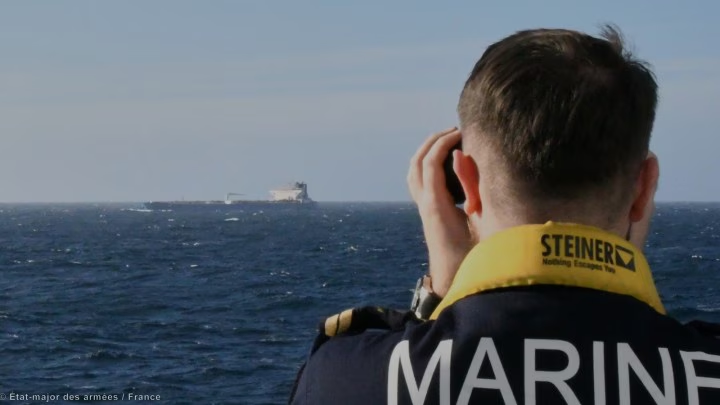Mainland China in retaliation for Tsai Ing-wen's visit - penalties on US and Taiwanese entities
- Flexi Group
- Apr 7, 2023
- 2 min read
Mainland Sanctions have been imposed by China in retaliation against two US organizations and their senior executives who received Taiwanese President Tsai Ing-wen during her visit to the US. Beijing claims the Americans offered platforms and facilities for "Taiwan independence".

For her part in Tsai's meeting with US House Speaker Kevin McCarthy, Hsiao Bi-khim, Taiwan's envoy in the US, was also sanctioned.
According to a statement released by Beijing's foreign ministry on Friday, the two institutions are the Hudson Institute, which on March 30 hosted a ceremony and gave Tsai the institute's global leadership award, and the Ronald Reagan Presidential Library in Simi Valley, California, where Tsai met McCarthy and a bipartisan group of congressional leaders.
According to the ministry, both American institutions are prohibited from engaging in any kind of collaboration or other activity with any organizations or universities located on Beijing's territory, including Hong Kong and Macau.
Some senior executives, including the chair of the board of trustees at the Hudson Institute, John Walters, and the chief administrative officer and former executive director of the Ronald Reagan Presidential Library Foundation and Institute, Joanne Drake, will not be granted visas to enter mainland China.
Their assets, real estate, and other properties on Beijing's soil will be frozen. The declaration states that organizations and individuals are prohibited from engaging in related transactions, cooperation, and other activity with them.
The Prospect Foundation, based in Taipei, and the Council of Asian Liberals and Democrats, according to the Taiwan Affairs Office, were using "democracy and freedom" to promote Taiwanese independence in the international community on the orders of the island's ruling Democratic Progressive Party. The Taiwan Affairs Office also announced on Friday that it would impose similar sanctions on the two organizations.
Beijing barred Hsiao and her family from traveling to Hong Kong, Macau, and mainland China on the grounds that she was a "Taiwan independence diehard."
Zhu Fenglian, a spokesperson for Beijing's Taiwan Affairs Office, also declared that all investors and businesses connected to Hsiao were banned from working with people and companies on the mainland, repeating that the restriction would be a "lifelong accountability" punishment.
Zhu accused Hsiao of "relying on the US to promote Taiwan independence, deliberately stirring up cross-strait confrontation, and wilfully undermining peace and stability across the Taiwan Strait." Hsiao was a key player in Tsai Ing-wen's meeting with McCarthy this week and his predecessor Nancy Pelosi's trip to Taipei in August.
Beijing has sanctioned Hsiao twice since Pelosi ended her visit in Taiwan in August. Six additional Taiwanese lawmakers and officials were also prohibited from traveling to Hong Kong, Macau, and mainland China at the time by the Taiwan Affairs Office.
Beijing's penalties won't have much of an effect on Taiwanese citizens legally because Beijing's courts don't have jurisdiction in Taiwan and practically all senior DPP officials don't travel to the mainland.
By fLEXI tEAM





Comments